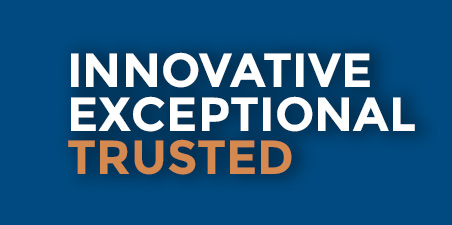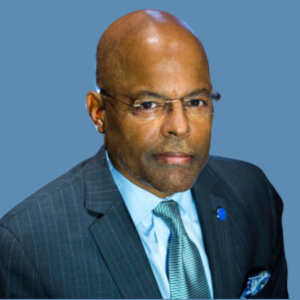According to May 2013 DOL Bureau of Labor Statistics (BLS) figures, 11.8 million Americans are unemployed…but seeking employment. Traditionally, BLS numbers do not include unemployed individuals who are not actively job-hunting. Some economic reports indicate a myriad of reasons, one of which being that unsuccessful jobseekers often become discouraged to the point that they simply give up in their job search.
Unemployment affects individuals. It almost goes without saying, but has to be noted that money—or lack thereof—is more often than not a cause of stress, sometimes of a disabling nature. As reported by the American Psychological Association in Psychological Effects of Unemployment and Underemployment, “The current state of the economy continues to be an enormous stressor for Americans, with 78 percent reporting money as a significant source of stress. Unemployed workers are twice as likely as their employed counterparts to experience psychological problems such as depression, anxiety, psychosomatic symptoms, low subjective well-being and poor self-esteem.”
Unemployment affects families. The Society for the Psychological Study of Social Issues (SPSSI) reports in The Psychological Consequences of Unemployment, “Job loss is associated with elevated rates of mental and physical health problems, increases in mortality rates, and detrimental changes in family relationships and in the psychological well-being of spouses and children. Compared to stably employed workers, those who have lost their jobs have significantly poorer mental health, lower life satisfaction, less marital or family satisfaction, and poorer subjective physical health.”
Unemployment affects communities. According to SPSSI, “The impact of unemployment extends beyond individuals and families to communities and neighborhoods. High unemployment and poverty go hand in hand, and the characteristics of poor neighborhoods amplify the impact of unemployment. Inadequate and low-quality housing, underfunded schools, few recreational activities, restricted access to services and public transportation, limited opportunities for employment – all characteristics of poor neighborhoods – contribute to the social, economic, and political exclusion of individuals and communities, making it more difficult for people to return to work.”
In its daily operations, KRA Corporation witnesses the effects of unemployment and its negative impact on individuals, families, communities, and the economic infrastructure of a region. This is why KRA is in the business of “undoing” the devastating effects of unemployment by “undoing” unemployment. Each and every year, our Workforce Development programs across the country impact the lives of thousands of individuals and families, and…through a positive “domino effect”, the communities in which they live and work.
Through the operation of One-Stop Career Centers…from California to Connecticut…KRA provides vital career counseling; education and training programs, including those leading to AA degrees, certification, and/or special licensure; and job development, placement, and retention services that benefit both jobseeker- and business-customers alike. These programs are tailored for WIA-eligible Adult and Dislocated Workers, as well as In-School and Out-of-School Youth.
For jobseekers seeking independence from various TANF public assistance programs, but with little or no work history, KRA programs offer volunteer and community work experience opportunities, that often lead to sustainable employment; career guidance, GED preparation, job-readiness workshops, and direct job-placement services. In fact, our “Virginia Initiative for Employment not Welfare” program in Norfolk, consistently achieves the highest Work Participation Rate, in the state.
One individual can have a powerful impact on a family and a community “simply” by getting a job that provides meaning employment and a sustainable wage. KRA contributes to the diminution of the effects of unemployment by developing workers and strengthening communities…one individual at a time.


 Dr. Boone’s 20+ years’ experience in the industry is extensive and her expertise in private-, public-, and non-profit sector workforce-services organizations is unparalleled, particularly in the Baltimore–Washington Metropolitan area.
Dr. Boone’s 20+ years’ experience in the industry is extensive and her expertise in private-, public-, and non-profit sector workforce-services organizations is unparalleled, particularly in the Baltimore–Washington Metropolitan area.






















